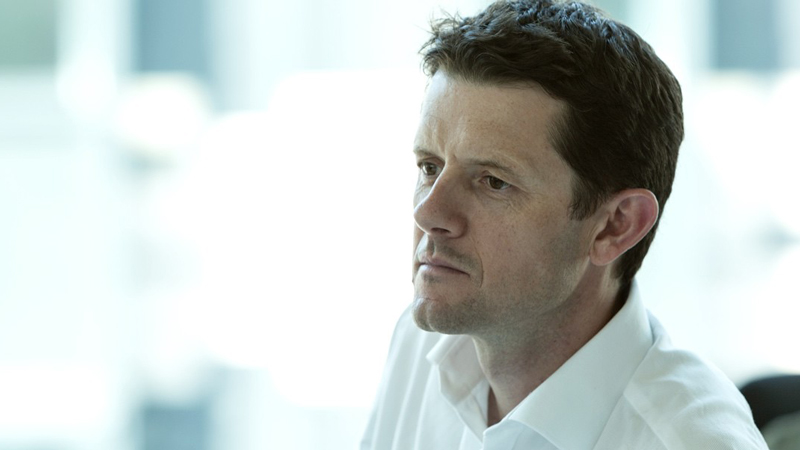The same misconception applies to investment opportunity. Most investors think of Russia as commodity-reliant, subject to the swings of oil, gas or metal prices, which are indeed hard to ignore given that Russia has 5.6% of the world’s oil, 23.9% of its natural gas, 15.6% of its iron ore, etc. Investors also often associate the country with political corruption, dissident repression and vast social differences.
While this is all true to some extent, other brighter areas are often ignored by investors unfamiliar with Russia.
Starting with key macro-economic concerns such as monetary policy, those who think the Kremlin’s tentacles dominate every aspect of Russian life should note that inflation remains around 7%, down from recent double-digit readings, and is forecast to fall towards 5% as soon as next year. A commitment to price control has taken over from protecting the currency and the leading state-owned exporters.
fter reiterated calls for a cut, the central bank again asserted its independence in May, leaving its main interest rate unchanged for the eighth month in a row.
As for Russian society being made up of a handful of billionaire oligarchs and a mass of low-income labourers, it’s worth remembering that the middle class – 20 million strong in 2011 – is projected to hit 66 million by 2020, according to Bank of America Merrill Lynch. That growing middle class, which will account for nearly 50% of the Russian population in 2020, represents an opportunity for investors.
In retail, for example, consumers are moving towards healthier, fresher and more premium products. And in telecoms, profits are also expected to grow – data usage as a percentage of total revenues is still far below that of developed markets.
There is an emerging class of entrepreneurial-led businesses in Russia that know how to operate in this environment. They have strong cashflows, sustainable profits and management interests aligned with those of shareholders, resulting more often than not in rising, sustainable dividends.
Such companies are becoming better stewards of their own capital, determining investments on the basis of returns rather than political guidance. While the commodity story still dominates headlines, the real opportunity is with the likes of one of the largest tomato sellers in Russia, retail chain Magnit, which has created outstanding value for its shareholders with a speed and magnitude rarely matched in either the developed or the emerging world.











